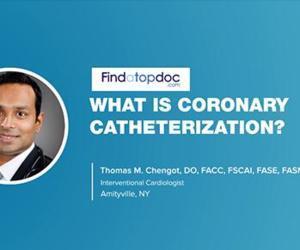Is Testosterone Replacement Therapy Absolutely Necessary?

Levels of testosterone affects the energy levels, muscle mass, sex drive, concentration, and memory in males. It is also important in the production of red blood cells and bone growth in men. Testosterone therapy is known to improve all of the above when the levels of the hormone are low in the blood. One should not decide on therapy only on the basis of this information. If the levels of testosterone in the blood are low, it may not require any specific treatment. One has to ensure that low levels of testosterone is the actual cause of the symptoms. This can be done with the help of a blood test, and one needs to consider the risks and benefits of taking up this therapy. The need for testosterone replacement therapy should be decided after a thorough discussion with your doctor. In some cases, low testosterone levels may not have any symptoms at all, while others may have few symptoms that may occur.
Symptoms of low testosterone levels include:
- Lack of libido
- Lack of energy and motivation
- Depression
- Erectile dysfunction
- Problems with concentration and memory
Replacement treatment may be recommended only when a person has the symptoms and a blood tests that show lower levels of the hormone. If a person has low hormone levels, yet not symptoms, replacement therapy may not be suggested.
Response to hormone replacement therapy varies depending on the individual. Some people report that the therapy helped them to have increased energy levels, bone mass, muscles, and improved libido and erections. The quality of these changes, whether it is very good or just obvious, varies from one individual to another. Many people who underwent this therapy have shown a positive response to this treatment.
Testosterone therapy has several side effects. Some side effects include itching and irritation at the site of the injection. The long-term effects of this therapy are not yet fully known. Experts suggest that testosterone replacement therapy increases the risk of some health issues, like prostate cancer, sleep disorders, high red blood cell counts, benign prostatic hypertrophy, and congestive heart failure.













